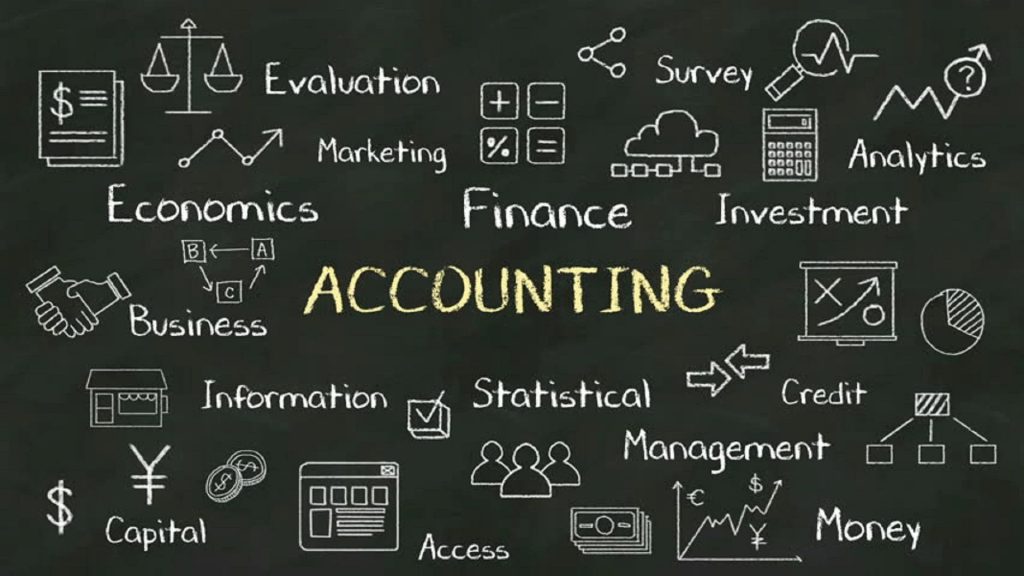According to the World Economic Forum, the alternative investment market is estimated at $23 trillion, and new forms of crowdfunding are one of the main drivers of financial inclusion in developed economies. By alternative investments we refer to investment options that fall out of the scope of conventional investment categories, such as mutual funds, publick stocks, or cash. They include Private Equity, Venture Capital, Art and Real Estate. These are all traditionally illiquid types of assets that the new crowdfunding method of blockchain-based asset issuance is revolutionizing.
Crowdfunding is enabling better access to alternative investments
This type of crowdfunding is known as Security Token Offerings (STOs) or, as it is more broadly referred to in the blockchain industry, Digital Assets. Said technology is boosting the provision of opportunities for the average retail investor to access novel and private investment products that were previously inaccessible.
According to BNY Mellon, only 30% of retail investors are 45 years old or older, and 74% of them would invest more if they had more opportunities to learn about investing. Moreover, 70% of them believe that they could do as well as professional investors. This aligns perfectly with the World Economic Forum's, position that, be it out of personal preference or necessity, retail investors are increasingly asserting control over their financial future.
This marks a departure from the conventional reliance on financial experts and government-backed solutions and points to the democratization of capital markets, which is being led by blockchain-based crowdfunding, and the potential to facilitate wealth generation on a global scale. Even in the face of shifting macroeconomic dynamics, the democratization trend in the investment world appears set to continue.

Fostering the right path for the retail investor
The democratization of the investment market that crowdfunding and digital assets are enabling is a positive trend empowering individuals to make more nuanced financial decisions, helping make investing an invaluable tool for retail investors to amass sustainable wealth. While this broader access to opportunities must come with appropriate infrastructure and safeguards, education is a key component of the democratization of investing.
Despite the latest developments and the potential of crowdfunding as a tool for inclusion, a reality of investing is that most people have not received the financial education to know how and where to invest safely. Since the aim is to foster investment inclusion while maintaining a sense of responsibility and prudence, fostering financial education from an early age is a key pillar proposed by the World Economic Forum.
Alongside better access and education, the third pillar of democratization is trust. Retail investors will willingly invest in services when they perceive that institutions and providers are genuinely acting in their best interest. Trust is paramount in the investment world, and it becomes the cornerstone of any successful relationship between investors and financial institutions.
We stand at the cusp of a financial revolution, where financial empowerment becomes not the exception, but the norm. Token City is fostering financial inclusion by allowing access to alternative investments through blockchain-based crowdfunding. It's about time we enable retail investors to participate in the transformative journey the world of finance is going through.
You can learn more about this by reading the report by BYN Mellon and the World Economic Forum on the future of capital markets.
Enter the new tokenized economy
Token City is the ultimate bridge to the tokenized economy (tEconomy), in which tokenized companies (tEnterprises) create their cryptoasset markets (tMarkets), open to global investors (tCitizens).

